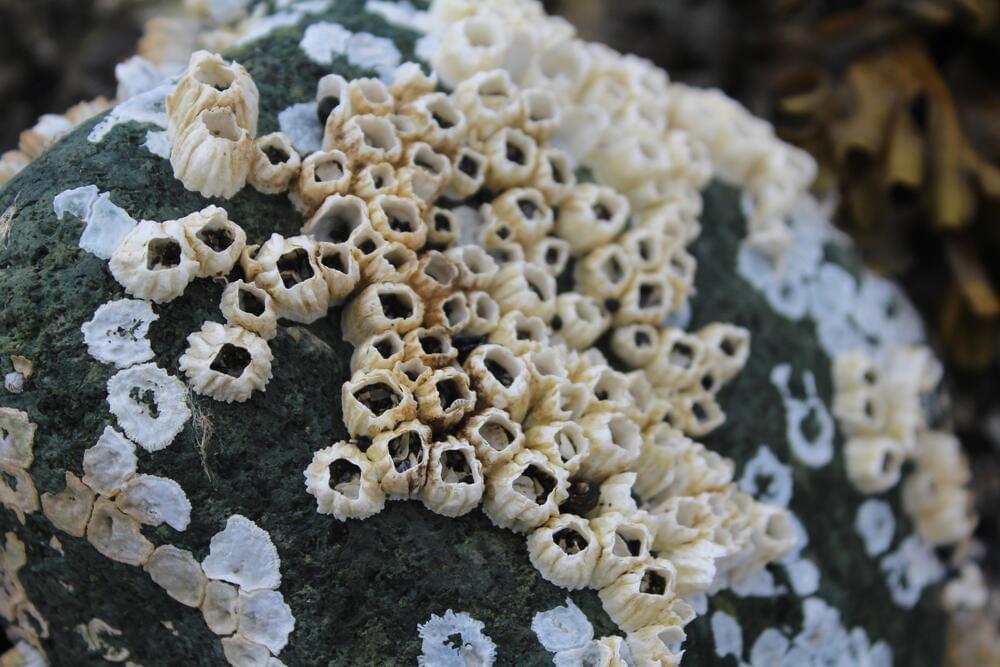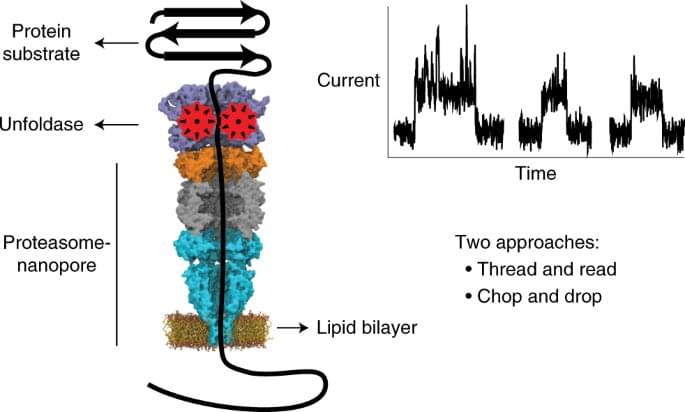Scientists have designed new pain-relieving compounds that, like morphine and other drugs, provide pain relief via activation of opioid receptors, but without inducing unwanted side effects.



In Plato’s dialogue, the Timaeus, we are presented with the theory that the cosmos is constructed out of right triangles.
This proposal Timaeus makes after reminding his audience [49Bff] that earlier theories that posited “water” (proposed by Thales), or “air” (proposed by Anaximenes), or “fire” (proposed by Heraclitus) as the original stuff from which the whole cosmos was created ran into an objection: if our world is full of these divergent appearances, how could we identify any one of these candidates as the basic stuff? For if there is fire at the stove, liquid in my cup, breathable invisible air, and temples made of hard stone — and they are all basically only one fundamental stuff — how are we to decide among them which is most basic?
Tachyons are not just the stuff of science fiction.
Tachyons are hypothetical particles that move faster than the speed of light and travel backward through time. Whether they exist is still up for debate.

In an effort to see what the brain does during flow, Huskey led research looking at how people experience flow while playing a video game. In a paper, which was published in the Journal of Communication this month, more than 140 participants played a video game. Some took part in an experiment while playing a game and self-reported their experiences. Others also subjected themselves to brain imaging so that researchers could look at how their brain functioned during flow.
Flow happens, Huskey said, when activities are engaging enough to fully involve someone to the point of barely being distracted, but not so difficult that the activity becomes frustrating.
Similarly, a video game designed for a child will probably not keep an adult in flow. There must be a balance, he explained. When there’s a balance, the person experiences an intrinsic reward. Things like getting to the next level or earning points matter, but they become secondary. Simply playing the game and experiencing flow is rewarding in and of itself.


A team of researchers at the University of Groningen has developed a multicomponent nanopore machine that approaches single molecule protein sequencing—it uses a design that allows for unfolding, threading and degrading a desired protein. In their paper published in the journal Nature Chemistry, the group describes their nanopore machine, how it works and how close it comes to allowing single molecule protein sequencing. Yi-Lun Ying with Nanjing University has published a News & Views piece in the same journal issue outlining the purpose of macromolecular machines and the work done by the team with this new effort.
It has been a goal of chemists for many years to create a machine of some type that would allow easy analysis of individual protein molecules, similar to devices that have been created to sequence nucleic acids. Such efforts have been stymied by the high degree of complexity of protein molecules. In this new effort, the researchers have come close to achieving that goal. They have built a tiny (900 kDa) multicomponent nanopore machine that is capable of unfolding a given protein and then presenting it to a protein nanopore (a tiny cavity or pore).
The researchers built the machine by placing a chopper of sorts on top of material borrowed from a bacterium. The material works as a tunnel, directing bits from the chopper through a membrane that was designed to mimic the surface of a cell. The chopper breaks a protein into fragmented bits that are easily exported through the nanopore. As they do so, the fragments impact the flow of charged molecules, which leads to the generation of an electrical signal.

The idea of transparent solar windows almost sounds too good to be true, and it is, but not entirely. Researchers have been hammering away at the challenge of harnessing sunlight to generate electricity from see-through windows for years. The prize is acres upon acres of new sites for solar panels on buildings, without losing the energy-saving advantages of daylighting. Just look at any glass building and you can practically feel the blooming of the possibilities. The obstacles are many but it looks like a real breakthrough is finally at hand, so to speak.
Transparent Solar Windows, For Real
See-through solar cells have been bouncing around the CleanTechnica radar since at least 2010, when the possibility of creating a transparent solar window was beginning to emerge alongside thin film solar technology.
Gesture interface company Leap Motion is announcing an ambitious, but still very early, plan for an augmented reality platform based on its hand tracking system. The system is called Project North Star, and it includes a design for a headset that Leap Motion claims costs less than $100 at large-scale production. The headset would be equipped with a Leap Motion sensor, so users could precisely manipulate objects with their hands — something the company has previously offered for desktop and VR displays.
Project North Star isn’t a new consumer headset, nor will Leap Motion be selling a version to developers at this point. Instead, the company is releasing the necessary hardware specifications and software under an open source license next week. “We hope that these designs will inspire a new generation of experimental AR systems that will shift the conversation from what an AR system should look like, to what an AR experience should feel like,” the company writes.
The headset design uses two fast-refreshing 3.5-inch LCD displays with a resolution of 1600×1440 per eye. The displays reflect their light onto a visor that the user perceives as a transparent overlay. Leap Motion says this offers a field of view that’s 95 degrees high and 70 degrees wide, larger than most AR systems that exist today. The Leap Motion sensor fits above the eyes and tracks hand motion across a far wider field of view, around 180 degrees horizontal and vertical.
The new jelly ice cube is not plastic and won’t melt.

A team of physicists at the Universities of Bristol, Vienna, the Balearic Islands and the Institute for Quantum Optics and Quantum Information (IQOQI-Vienna) has shown how quantum systems can simultaneously evolve along two opposite time arrows—both forward and backward in time.
The study, published in the latest issue of Communications Physics, necessitates a rethink of how the flow of time is understood and represented in contexts where quantum laws play a crucial role.
For centuries, philosophers and physicists have been pondering the existence of time. Yet, in the classical world, our experience seems to extinguish any doubt that time exists and goes on. Indeed, in nature, processes tend to evolve spontaneously from states with less disorder to states with more disorder, and this propensity can be used to identify an arrow of time. In physics, this is described in terms of ‘entropy’, which is the physical quantity defining the amount of disorder in a system.